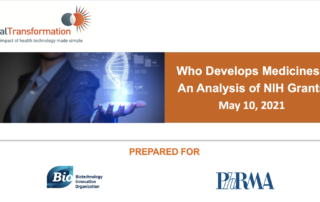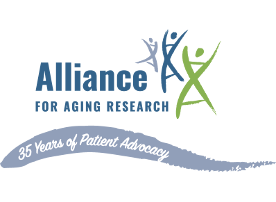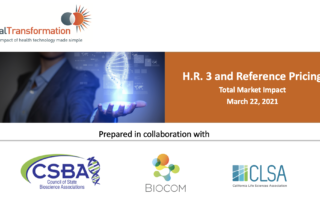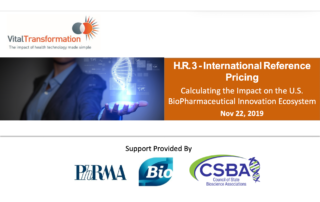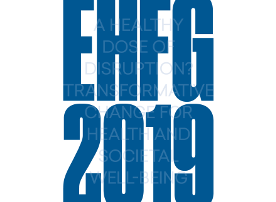Who Develops Medicines? An Analysis of NIH Grants
There is a misguided perception that NIH funding, not private market investment, is largely responsible for the creation and approval of new therapies. This study tests that hypothesis by identifying patents linked to NIH grants from a single year, identifying those associated with clinical trials and approved medicines, and quantifying the public and private investments made for those investigational and approved medicines. Key findings include: 23,230 NIH grants in the year 2000 were linked – by NIH-supported patents – to 18 FDA-approved medicines by 2020. None of these medicines reached approval without significant private investment. In fact, total private investment for the 18 approved medicines exceeded NIH funding by orders of magnitude: $44.2 billion in private investment compared to $670 million in NIH funding. As industry’s share of total investment increased, so did the likelihood of approval. These findings are consistent with the substantial literature describing the complementary roles of public and private R&D funding, and the significant long-term investments shouldered by industry with no guarantee of approval – in fact just 12% of medicines in clinical development are ultimately approved by the FDA. Public policies that would seek to replace private sector investment with publicly-funded drug development or that would reduce industry’s ability to build upon publicly-funded discoveries to bring medicines to market are therefore likely to slow drug development.

